BIO-CYANIDINS (Pycnogenol & Grape Seed Extract Anti-Oxidants) – 60 Tablets
*** Please Login or Register with DC Nutrition to see Prices and Add To Cart. ***
Login | Create An Account / Register
Proanthocyanidin (also known as procyanidin oligomeric proanthocyanidin (OPC), pycnogenol, leukocyanidin and leucoanthocyanin) is a class of flavanols. Proanthocyanidins can be found in many plants, most notably apples, pine bark, cinnamon, grape seed, cocoa, grape skin, and red wines of Vitis vinifera. However, bilberry, cranberry, black currant, green tea, black tea, and other plants also contain these flavonoids. The berries of chokeberry, specifically black chokeberry, have the highest measured concentrations of proanthocyanidin found in any plant to date.
Apples contain on average per serving about eight times the amount of proanthocyanidin found in wine, with highest amounts found in the Red Delicious and Granny Smith varieties.
Proanthocyanidins are the principal vasoactive polyphenols in red wine which is linked to a reduced risk of coronary heart disease and to lower overall mortality. Proanthocyanidins are present at higher concentrations in wines from areas of southwestern France and Sardinia which are associated with increased longevity in the population. Earlier studies that attributed this health benefit to resveratrol were premature because of the negligible amount of resveratrol in red wine.
Proanthocyanidins suppress production of a protein endothelin-1 that constricts blood vessels.
These studies provide data supporting the French Paradox which hypothesizes that intake of proanthocyanidins and other flavonoids from regular consumption of red wines prevents occurrence of a higher disease rate (cardiovascular diseases, diabetes) in French citizens on high-fat diets.
Proanthocyanidins have antioxidant activity and they play a role in the stabilization of collagen and maintenance of elastin - two critical proteins in connective tissue that support organs, joints, blood vessels, and muscle. Possibly because of their effects on blood vessels, proanthocyanidins have been reported in double-blind research to reduce the duration of edema after face-lift surgery from 15 to 11 days. In preliminary research, proanthocyanidins were reported to have anti-mutagenic activity (i.e., to prevent chromosomal mutations).
Common antioxidants currently used are vitamin C and vitamin E; however, studies show that proanthocyanidins antioxidant capabilities are 20 times more powerful than vitamin C and 50 times more potent than vitamin E. Proanthocyanidins found in pine bark and grape seed extract work directly to help strengthen all the blood vessels and improve the delivery of oxygen to the cells. Proanthocyanidins also have an affinity for cell membranes, providing nutritional support to reduce capillary permeability and fragility. Although flavonoids are widespread in nature, the powerful proanthocyanidin compound is most abundant and available from the bark of the maritime pine and in grape seeds, or pips.
* Proanthocyanidins reduce histamine production, and are used in the treatment of allergies.
* Proanthocyanidins help improve circulation by strengthening capillary walls. This is especially important for people with compromised circulatory systems, such as stroke victims, diabetics, arthritics, smokers, oral contraceptive users and people with general cardiovascular insufficiencies.
* Proanthocyanidins inhibit enzymes that break down collagen. Proanthocyanidins help collagen repair. The breakdown of collagen is what causes our skin to lose its elasticity which in turn causes wrinkles. Proanthocyanidins help keep skin elastic, smooth and wrinkle-free. Proanthocyanidins are also taken as an oral cosmetic to help in the prevention of wrinkles.
* Proanthocyanidins act as an internal sunscreen. Inhibiting the daily effects the Sun's rays have on our skin.
* Proanthocyanidins cross the blood-brain barrier to protect the blood vessels in the brain.
Proanthocyanidins cross the blood-brain barrier. This enables proanthocyanidins to fight free radicals in the vessels of the brain that in turn will help them remain healthy. This can result in increased mental acuity, a decreased potential for stroke, and possibly in fighting senility.
PRODUCT DESCRIPTION
BIO-CYANIDINS (Proanthocyanidins)
**Each tablet supplies:
Pycnogenol Pine bark extract 15 mg
Grape Seed extract (95% OPCs) 35 mg
Pycnogenol is the registered trademark of
Horphag Research Ltd. and is protected by
patent #4,698,360.
RECOMMENDATION: One (1) tablet one (1) to two (2) times each day as a dietary supplement or as otherwise directed by a health care professional.
Contains: 60 Tablets
Product #: 7800
NDC: 55146-07800

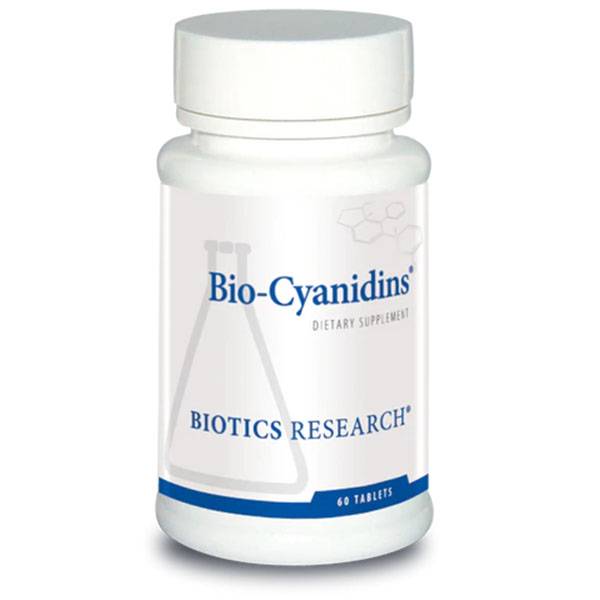
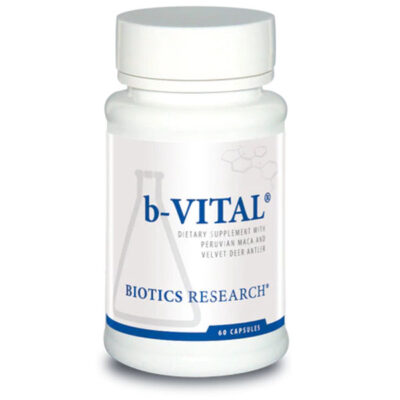
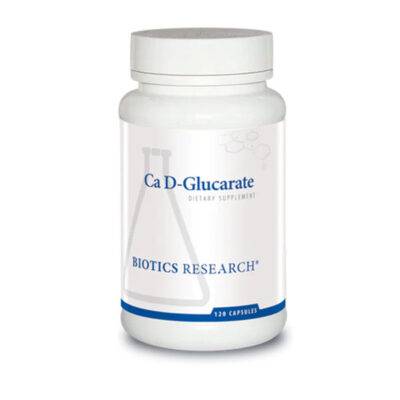
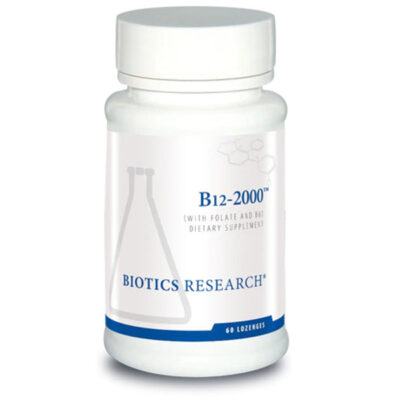
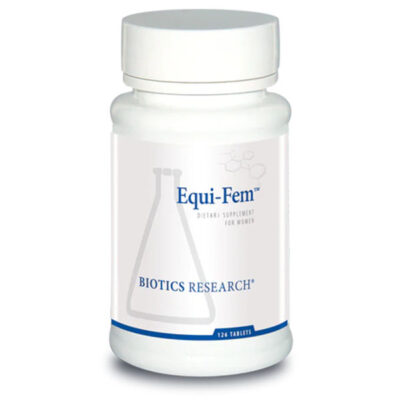
Reviews
There are no reviews yet.